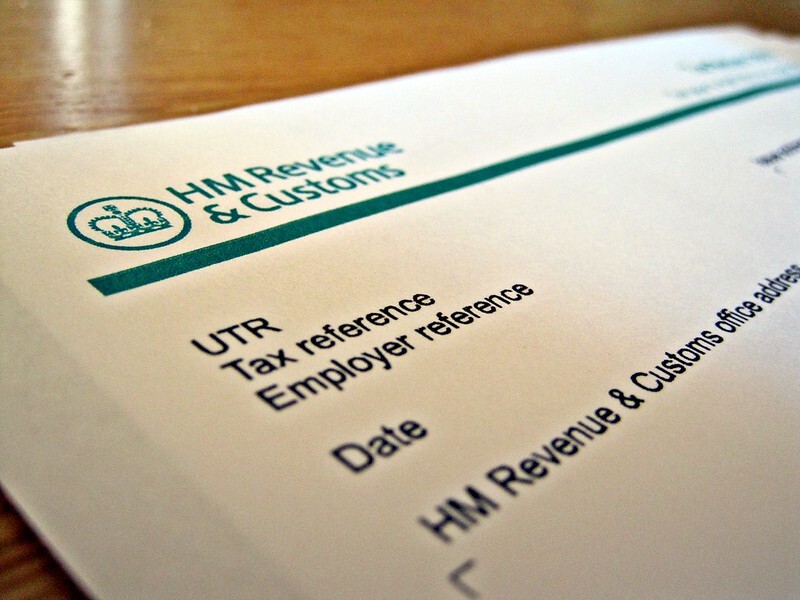The Ministry of Justice and the Department for Environment, Food and Rural Affairs have been hit with a combined £120m tax bill from HM Revenue and Customs after failing to follow so-called “IR35 rules” on off-payroll workers.
The money is compensation for tax and national insurance contributions that should have been paid by contractors and other non-permanent workers who were incorrectly classified by the departments.
Government departments have now been asked to pay almost a quarter of a billion pounds to HMRC over IR35 failings, with the Department for Work and Pensions receiving the biggest tax bill so far.
HMRC has charged the MoJ £72.1m in tax for three years of errors, according to the MoJ’s annual report and accounts for 2020-21, published last week. The department has also been fined £15m but the penalty has been suspended for three months subject to certain conditions being met.
Defra’s latest annual report, also released last week, shows it has been handed a £48m tax bill for IR35 failures and HMRC’s investigations are not complete, so the amount owed could rise.
IR35 is anti-avoidance tax legislation introduced in 2000. It is designed to ensure that contractors who work in the same way as employees do not avoid tax and national insurance contributions.
Compliance was previously monitored by the Treasury but reforms introduced in 2017 made public-sector employers responsible, with compliance monitored by HMRC.
The MoJ and Defra are the latest departments to fall foul of IR35 rules. DWP revealed earlier this year it had been hit for £88m, while the Home Office was given a £29m bill.

DWP also faces paying out a further £7m, after a settlement was agreed with BPDTS Ltd, its arm’s-length digital technology company – which was closed in July 2021, with employees transferred to the department.
Meanwhile, the Cabinet Office can expect a bill in the future: its 2020-21 accounts revealed an “unquantifiable liability” related to the IR35 rules.
The Department of Health and Social Care’s annual report for 2020-21 is yet to be released, but HMRC is investigating the department, with its report expected to reveal how much is owed. The Ministry of Defence is also yet to release its 2020-21 accounts.
Other departments whose reports Civil Service World checked did not appear to have been hit for payments related to IR35 shortcomings. Several simply listed the number of off-payroll staff that fall into the scope of the regulations.
‘Careless’ MoJ picked out for £15m fine
The MoJ is the only department to have been handed a fine in relation to IR35 shortcomings.
HMRC investigations concluded the department was “careless” in its application of off-payroll working rules from 2017 to 2020. The Home Office’s failures were also described in the same way but it avoided a fine.
Although HMRC imposed a penalty of £15m, the fine was suspended for three months subject to the department meeting certain obligations.
 Photo by Micro Biz Mag
Photo by Micro Biz Mag
An MoJ spokesman said the department was on track to meet these conditions, with the three-month period ending on January 1, 2022.
HMRC said MoJ could have avoided the £72.1m in tax and NI payments, which includes £4.5m in interest, if it correctly classified the off-payroll workers and so the liability was described as “fruitless”.
‘Farcical’: HMRC tax tool slammed
IR35 expert and founder of the Contractor Calculator business Dave Chaplin blamed HMRC’s online “Check Employment Status for Tax” tool for the errors and called for it to be scrapped.
“Both Defra and the MoJ would have received considerable help and guidance by HMRC to implement the off-payroll reforms,” he said.
“Both committed to using HMRC’s Check Employment Status for Tax tool and followed HMRC’s guidance.
“Both are now facing a combined tax bill of some £121m. This is a farcical and alarming situation underlined by a tool that is fundamentally flawed that HMRC refuses to fix.”
Chaplin also criticised HMRC for labelling the MoJ “careless”, saying it was HMRC which taught the department what it should be doing and provided them with the tools.
“Surely, the time has come for HMRC to finally now acknowledge that CEST is not accurate and is not fit for purpose,” he said.
An HMRC spokesperson defended the tool.
“HMRC will stand by CEST’s results provided accurate and correct information is used, in accordance with our guidance,” they said. “The tool was rigorously tested against case law and settled cases by officials and external experts.”